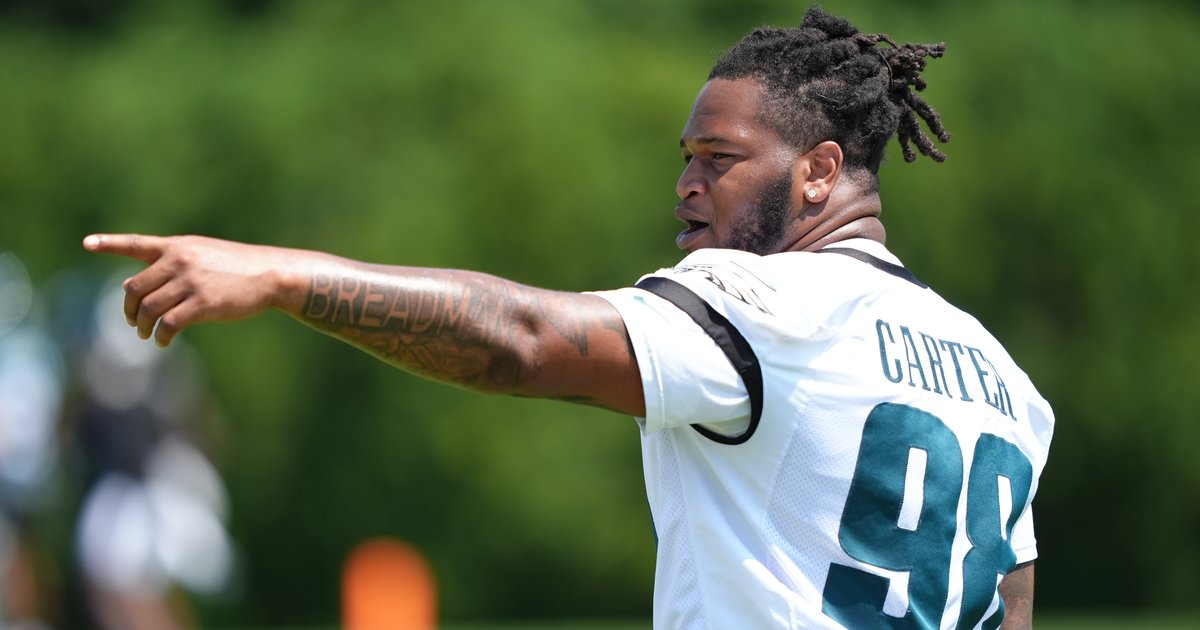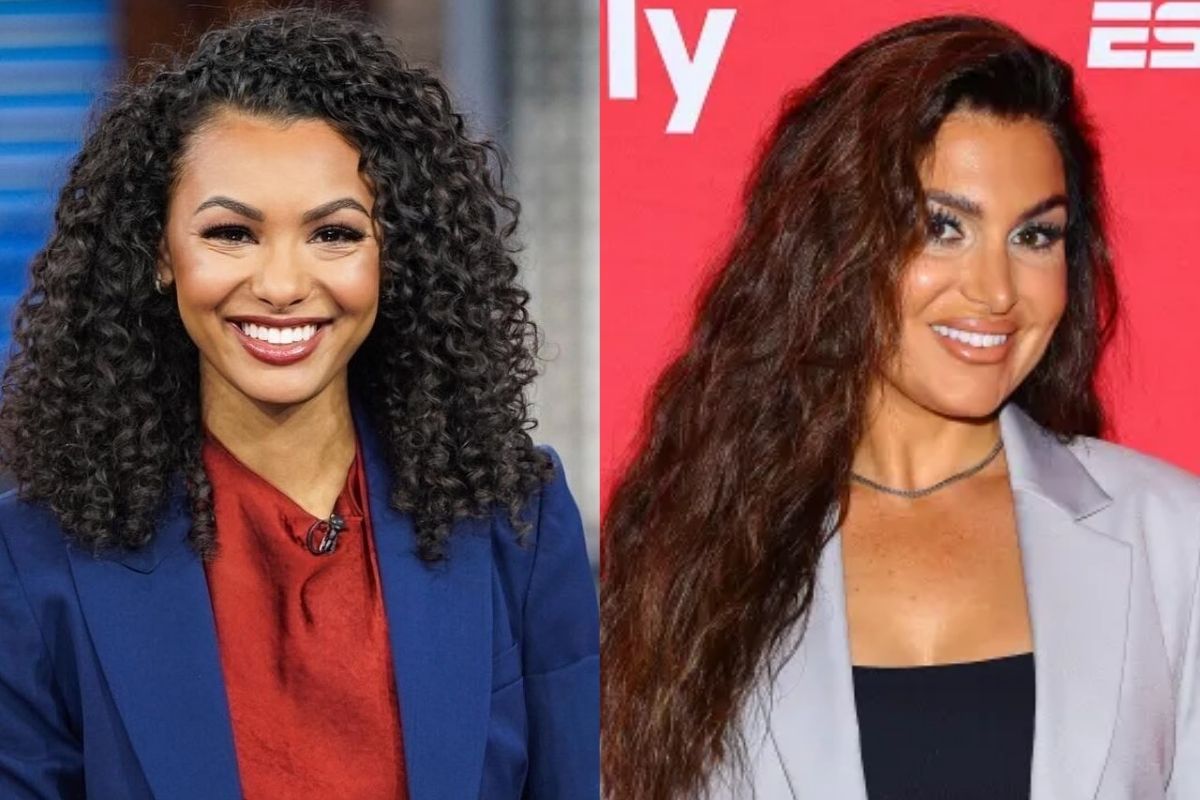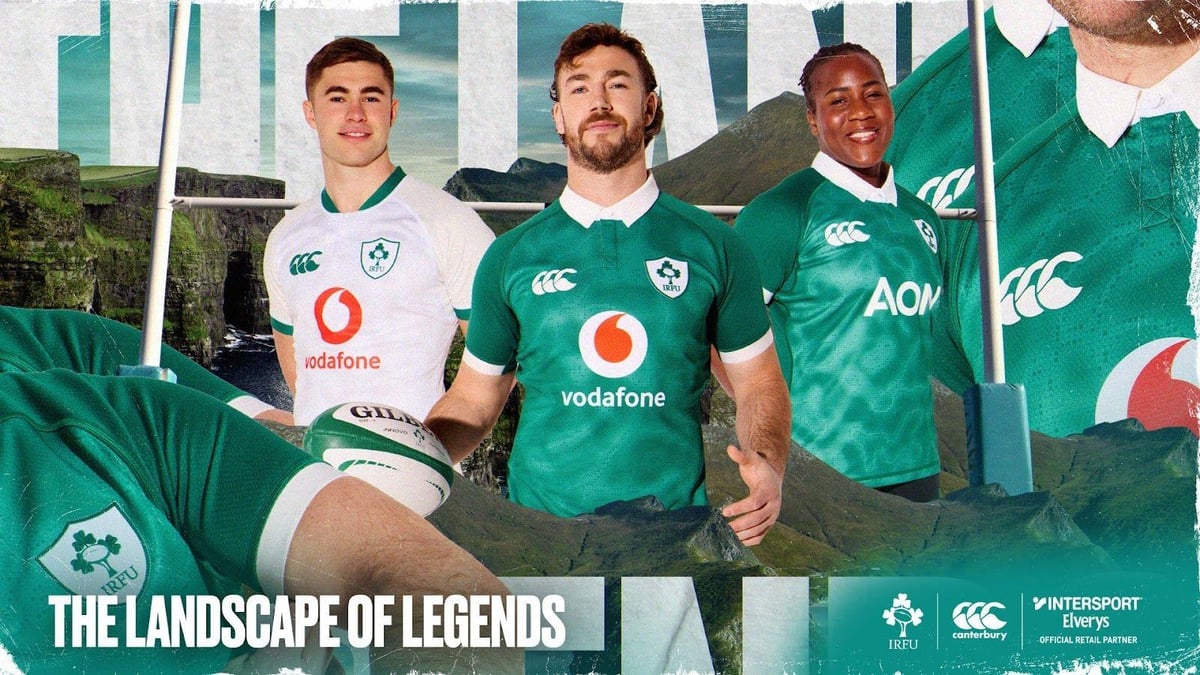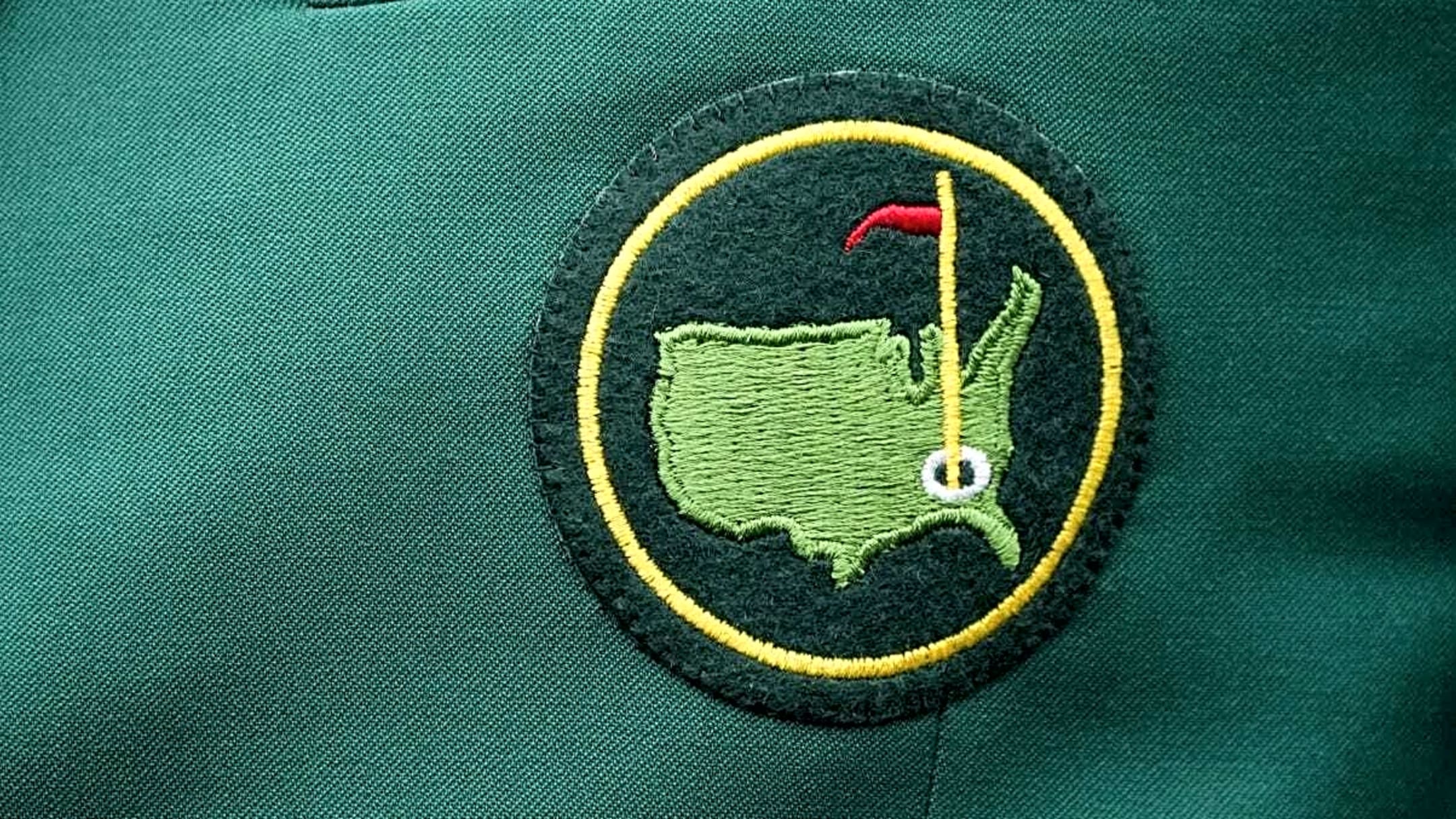By Ian Miller
Copyright outkick
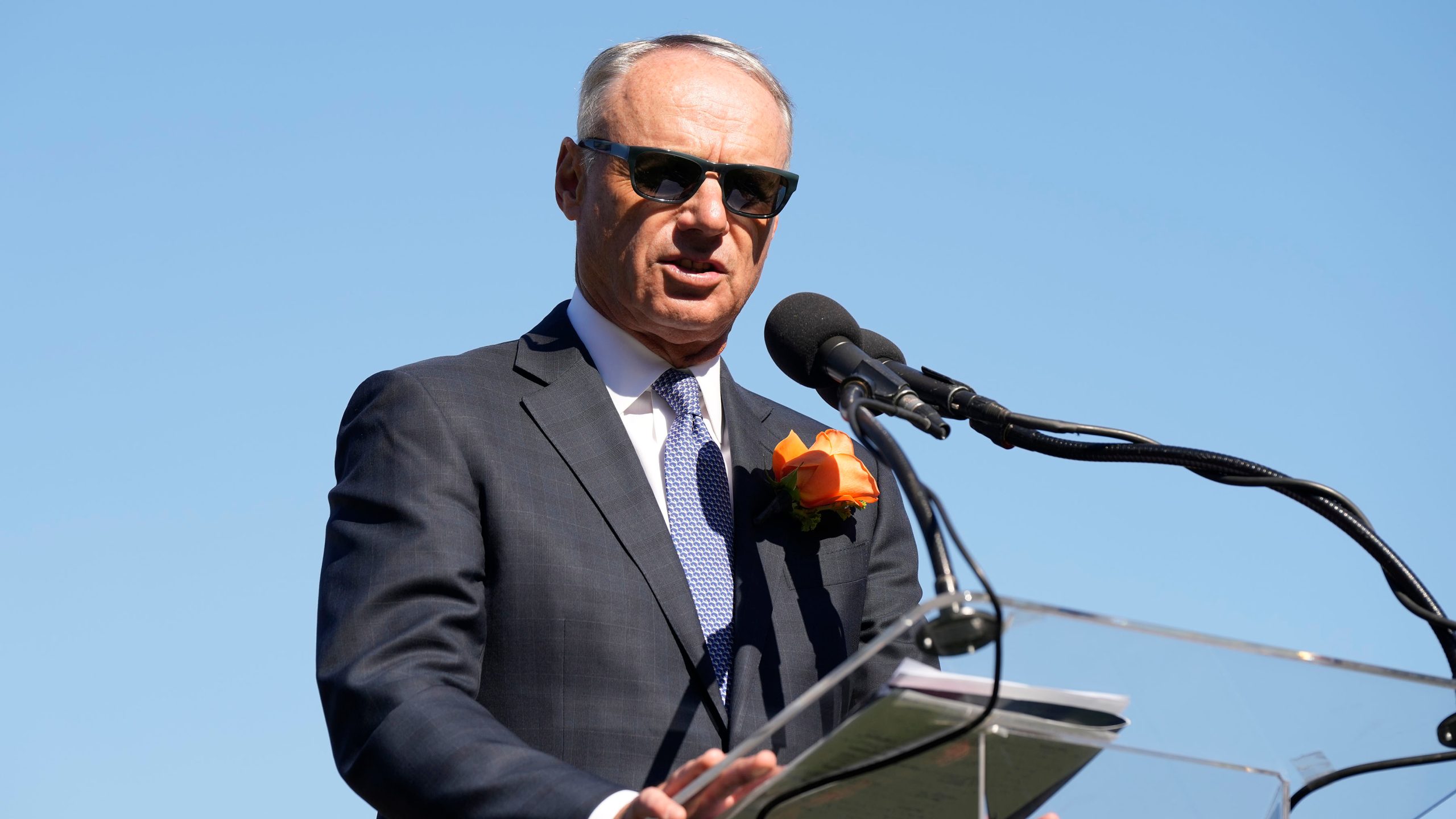
Major League Baseball ownership is going to push hard for a salary cap in the upcoming negotiations on the collective bargaining agreement, and potentially jeopardize the 2027 regular season in the process. That’s the key takeaway from a lengthy new report from ESPN’s Jeff Passan into how the current set of MLB owners and a significant portion of the Major League Baseball Player’s Association are thinking about the CBA as the 2025 season concludes. And unfortunately, it doesn’t seem like the two sides see eye-to-eye on the future of the sport. While there’s significant momentum in baseball, increased attendance, increased ratings, and new opportunities for growth thanks to faster pace of play, all of that could be jeopardized if the league and players can’t come to an agreement. That now seems more likely than ever, if owners want to play hardball on a salary cap. And while commissioner Rob Manfred has said it’s just speculation, Passan’s reporting suggests otherwise. As Passan writes, “MLB wants a salary cap, and between now and Dec. 1, 2026, when the current collective bargaining agreement expires, those two words — which owners regard as a necessity and the MLBPA as a profanity — could presage the fate of the 2027 season.” Salary Cap Would Help Ownership, Hurt Players Per Passan, small market teams are fairly united in their desire to incorporate a salary cap, blaming spending from the New York Mets, Yankees, and Los Angeles Dodgers for competitive imbalance. “How do we compete?” a team president from a “midsized-market team” told Passan. “We try to do everything right. We draft well. We develop well. And then we get the s— kicked out of us by clubs that buy their players. It feels like the game is rigged.” Forbes though, estimated that 19 of the 30 teams were profitable, with the Red Sox taking home $120 million in profit and the Chicago Cubs at $81 million. Forbes also estimated that the Mets lost $268 million, a near-impossibility suggesting they might be underestimating revenue. Since the turn of the century, as Passan explained, MLB has had 16 different teams win a World Series, without a salary cap. That’s the most of any of the major professional sports in the United States – the NHL has had 14 different winners, 13 in the NFL and 12 in the NBA. The numbers are similar when considering how many different teams have made the postseason and World Series in MLB. Passan says that baseball teams are generally a “break-even” business, with increasing franchise values where owners mostly make their money. That may or may not be true, and likely varies by organization, but the contention from ownership is that more standardized costs, in the form of a cap, would make franchise values grow faster. Potential owners, the thinking goes, wouldn’t have to worry about potentially higher spending on players. From the players’ side, however, there are several issues. One being that in leagues with a cap, inevitably, ownership starts taking greater shares of revenue. As Passan writes, players in the NFL took in roughly 62 percent of revenues before the implementation of the salary cap. Now it’s just 48 percent. That’s come as franchise values and television revenues have exploded. When owners first proposed a cap in 2021-2022, they suggested $180 million with a $100 million floor. That proposal was laughable then, and looks borderline offensive now. First, it suggests that ownership of several of the league’s teams are purposefully underspending relative to their revenues. Miami, for example, has an estimated payroll of just $66 million. The Athletics are at just $78 million. If they could spend $100 million, in 2022 dollars, and still break even or make money, how much are they hoarding by spending far less? Thirteen teams are spending around $180 million on payroll or more. Imagine how much money would have been left on the table, had players agreed to a $180 million cap. Passan concludes by expressing concern about the 2027 season – if ownership is truly dedicated to the idea of a cap, it could cost them the entire year to get it. If players are willing to sit out to continue to maintain their revenue split, there’s a chance ownership fights back. It’s not a good situation, and it’s trying to fix a problem that’s mostly imaginary. It’s obviously possible to compete, and win, in a small to medium market. The Arizona Diamondbacks were in the World Series in 2023, the Cleveland Guardians reached the ALCS in 2024. The Brewers are the best team in baseball this year. The 2023 playoffs featured the Minnesota Twins, Baltimore Orioles and Tampa Bay Rays. Money helps, but it doesn’t fix everything.
